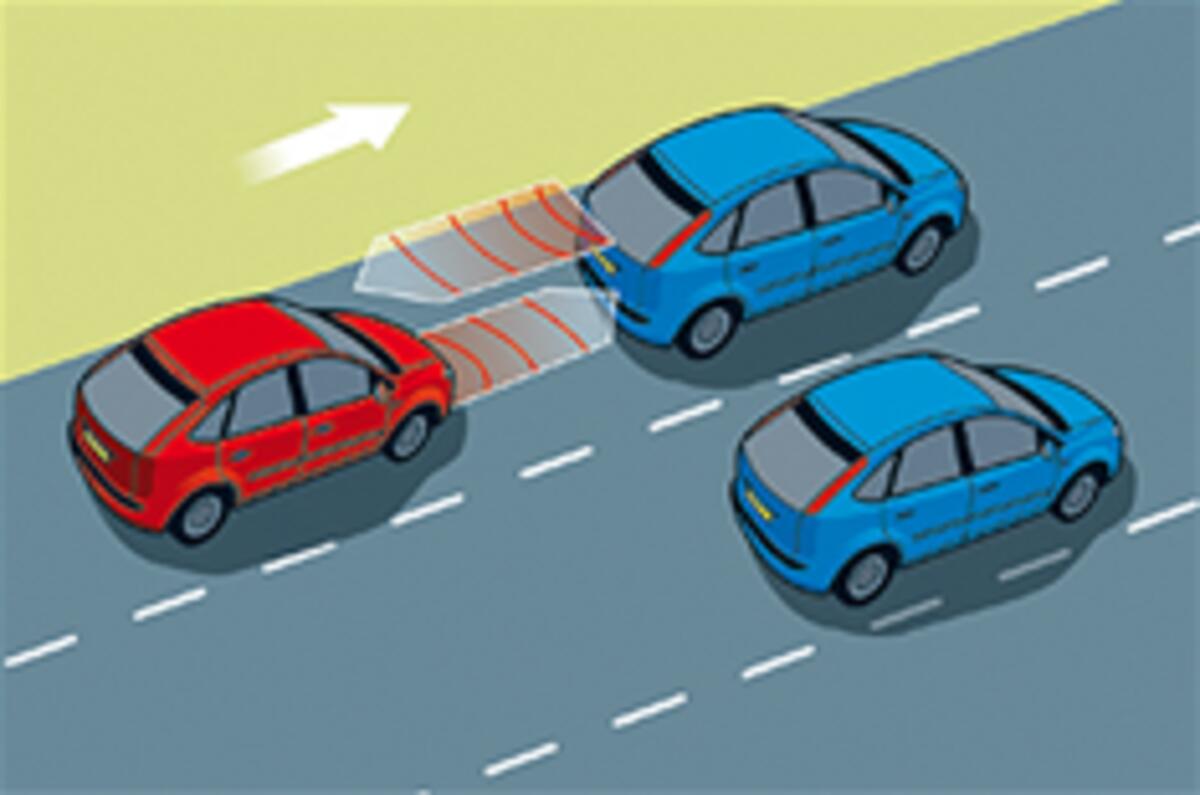A new £15m test track to be built in the Midlands will catapult Britain to the forefront of a telematics revolution expected to reach cars and roads during the next decade.Part-funded by the government and industry, the new track at the MIRA circuit near Nuneaton will feature a city street grid and a fast A-road loop, each festooned with electronic receivers, transmitters and sensors.These will allow car companies and electronics suppliers to hone new car-to-car technologies and traffic control systems planned for introduction starting between 2015-2020.“There’s nowhere at the moment where all these systems can be tried out in their real habitat,” says Phil Pettitt, chief executive of Innovits, the government-backed research group behind the new Advance test track.MIRA and TRL, the privatised government road research lab, are the other partners.“We believe that over five to 10 years these technologies will start to be rolled out to new cars and cities,” says Pettitt.The detail design of the track, due to open in summer 2009, will be finalised with the involvement of British-owned companies such as Vodafone and Trafficmaster, and British-based suppliers like Siemens, whose technology could become standard equipment in the car of the future.The early focus of the technology is road safety, under the umbrella title ‘Co-Operative Active Safety’, although Pettitt concedes that the track could be used to develop road charging technology.Many of the innovations to be explored at Advance, like advanced mobile phone communications, roadside beacons and GPS, have long been seen as the building blocks for an advanced road-tolling network. But there are also concerns that once cars are fitted out with electronic systems, politicians can exert excessive control over drivers. That may be the real discussion point of the future.
Future cars will talk to each other to avoid crashes – and they’re being developed in the UK
Close
Join our WhatsApp community and be the first to read about the latest news and reviews wowing the car world. Our community is the best, easiest and most direct place to tap into the minds of Autocar, and if you join you’ll also be treated to unique WhatsApp content. You can leave at any time after joining - check our full privacy policy here.




Add your comment